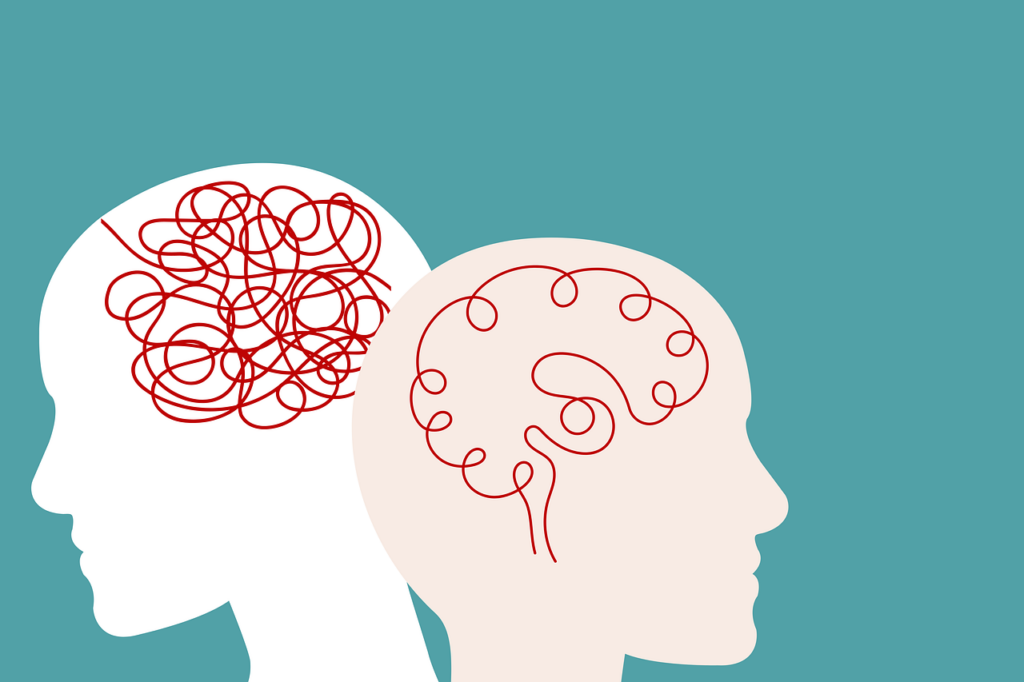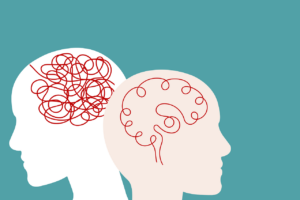
The argument for prioritizing mental health as you age
Research has long indicated that mental health is a pivotal factor shaping our collective well-being and lifestyles. Neglecting mental health concerns could lead to consequences, from preventable disabilities to unemployment or financial problems, exacerbating substance abuse, increased risk of developing or worsening disease, suffering relationships, and even heightened risks of suicide. In this blog, we’ll describe the importance of addressing mental health issues to enhance life satisfaction and maintain overall cognitive and physical function.
The mind-body connection
Untreated mental health issues can contribute to physical health problems and vice versa. Proactively managing your mental well-being can positively impact your physical health and help you age more gracefully. Research findings from the University of Manchester in 2017 support this connection, highlighting a significant correlation between prior mental well-being and present physical health due to the interconnected nature of our physical and mental states. For example, depression can come with headaches, fatigue, and digestive problems. Anxiety can cause insomnia, restlessness, difficulty concentrating, and upset stomach.
Furthermore, people with mental health issues are more likely to develop preventable physical health conditions. This susceptibility has a variety of causes, including genetic predispositions and medication side effects that prompt decreased motivation and energy levels. Difficulties in concentration and planning can pose obstacles to carrying out daily tasks, like arranging or attending medical appointments. On top of these challenges, those living with mental health problems may be less likely to receive medical help, with healthcare providers sometimes attributing physical symptoms solely to mental illness, thus overlooking routine checks, such as blood pressure monitoring and weight checks, preventing detection of underlying health conditions.
Although mental health challenges can often feel insurmountable, there are ways to care for your physical health. Exercise is one of the more readily available options, as it releases endorphins in the brain that can improve mental alertness, energy, and mood. Physical activity can take a variety of forms, such as running, walking, or gardening; importantly, finding an activity you enjoy can make it easier to stay active, decrease stress, and stay focused. Making improvements to your diet can also pay dividends to your mental health, because the food we eat influences the development, management, and prevention of conditions, such as dementia and depression. Similar to exercise, eating a balanced diet can help improve overall well-being and mood. Learn more about nutrition and aging in one of our previous blogs.
Mental health and cognitive function
Addressing mental health concerns can help preserve cognitive abilities and reduce the risk of cognitive decline and conditions, like dementia. Cognitive impairments due to mental health conditions may include problems with attention, memory recall, planning, organizing, reasoning and problem solving. These cognitive skills are essential for many functional tasks including work, study, social interactions, community participation and independent living.
In a 2014 observational study published in the journal Medicine, researchers showed that individuals with depressive symptoms, with or without comorbid anxiety disorders, exhibited a reduction in gray matter volume (GMV) within their brains. They attributed this loss to the stress hormone cortisol, which impedes the growth of brain cells, leading to the shrinkage of certain brain regions. In the study, the more severe the depression, the more GMV individuals lost. Because GMV contains the majority of neurons or nerve cells, slowed growth poses a risk of cognitive impairment.
Major depression is also linked to brain inflammation. Studies have shown that individuals experiencing depression and fatigue exhibit elevated levels of inflammatory immune response. This inflammation can result in neuronal death and diminished neuroplasticity, the brain’s ability to adapt and change over time. Consequently, this may lead to sleep disturbances and emotional issues, lower cognitive function, and susceptibility to physical health issues, such as increased heart rate. It also impacts the digestive system and can potentially prompt substance use disorders. Delve deeper into this topic in our previous blog, “Neuroinflammation in aging and disease.”
Despite these concerning observations, there are a variety of lifestyle factors that can help you improve your cognitive health. A 2020 collaborative study between researchers at UC-Davis and Rush University Medical Center showed that at least 150 minutes per week of moderate- to vigorous-intensity physical activity, refraining from smoking and heavy drinking, eating a high-quality Mediterranean-style diet, and participating in mentally stimulating activities, like reading, writing, and playing games, can lead to significant health benefits as you age.
In summary
As you age, placing a priority on mental health not only enhances your current quality of life, but it contributes to a healthier and more fulfilling future. There are many resources that can help you begin the journey of understanding and taking care of your mental health. Recognizing that everyone’s mental health journey is unique, it’s essential to tailor resources and approaches to your specific needs. If you’re struggling, don’t hesitate to reach out to a healthcare professional for personalized guidance and support. Some online mental health resources include:
ABOUT THE AUTHOR
Brooke Zarecki is a senior at CSU studying biomedical sciences with a minor in Spanish. She is currently a student ambassador for Columbine Health Systems Center for Healthy Aging.





